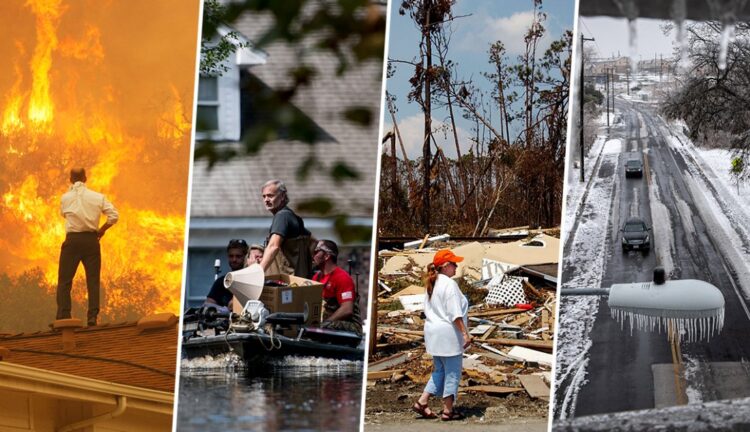Over 200 medical journals from across the world are publishing an editorial asking the leaders to take action to avoid the impending catastrophic climate change.
A joint Editorial was published simultaneously in many of the world-renowned medical journals which also includes the British Medical Journal.
It asserted that for the first time, so many journals have come together to raise their voice against the disastrous impact of climate change, highlighting the severity of the situation.
The full list of the journals which published the same editorial could be found here: https://bit.ly/3n1qzXB.

Fiona Godlee, editor in chief of The BMJ and one of the editorial’s co-authors, said, “Health professionals have been on the front line of the covid-19 crisis, and they are united in warning that going above 1.5°C and allowing the continued destruction of nature will bring the next, far deadlier crisis.
Wealthier nations must act faster and do more to support those countries already suffering under higher temperatures. 2021 has to be the year the world changes course—our health depends on it.”
The editorial is being published right before the UN General Assembly meeting which is supposed to be held next week. It would be one of the last international meetings taking place before the COP26 climate conference in Glasgow in November.
The authors noted, “Ahead of these pivotal meetings, we – the editors of health journals worldwide – call for urgent action to keep average global temperature increases below 1.5C, halt the destruction of nature, and protect health.”

“Health is already being harmed by global temperature increases and the destruction of the natural world, a state of affairs health professionals have been bringing attention to for decades.
“The science is unequivocal; a global increase of 1.5°C above the pre-industrial average and the continued loss of biodiversity risk catastrophic harm to health that will be impossible to reverse.”
“Despite the world’s necessary preoccupation with Covid-19, we cannot wait for the pandemic to pass to rapidly reduce emissions,” the editorial added.
The authors also highlighted that global heating along with everything else is also affecting the global production of crops. The total production has fallen from 1.8% in 1981 to 5.6% now. Adding to the situations of extreme weather and soil depletion, global heating is beating the efforts to end malnutrition.
Moreover, it added that the mass-scale destruction of nature which encompasses the habitats of various species is only enhancing the chances of more Pandemics gripping the world.
All kinds of environmental crises impact different countries in different ways. The less wealthy countries are the ones that get the hardest hit of all however, even the wealthy countries cannot stay immune to it.

The consequences of these hazards will continue to create a situation of chaos, food and water crisis, outcry, forced displacement, and zoonotic diseases in the underdeveloped countries and the vulnerable poor section from around the world.
This will also persistently create a disbalance in all the countries, impacting most communities, the editorial notes.
Remarking 2021 to be a pioneer year, the journals have called for action. It said, “We, as editors of health journals, call for governments and other leaders to act, marking 2021 as the year that the world finally changes course.”
Also Read : Texas Environmentalists: Elon Musk’s SpaceX Launch Site Is A Threat To Wildlife
















